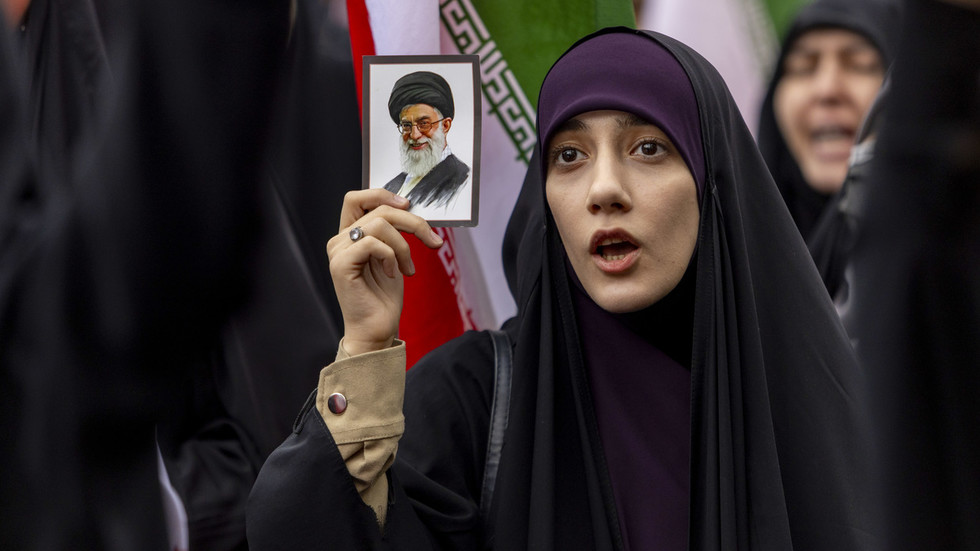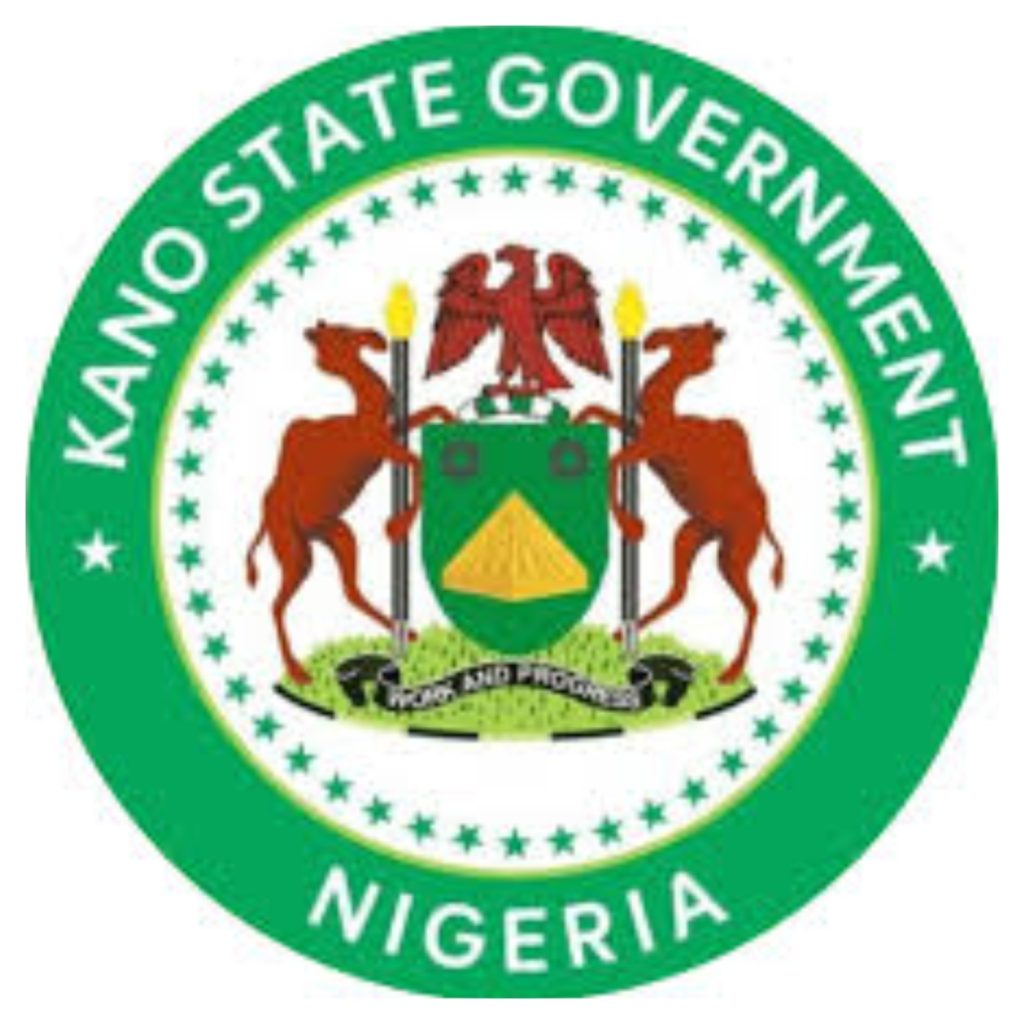As a skilled reporter for Media Talk Africa, I’d like to share my findings and insights from my interview with Abagun Kole Omololu, the Chieftain of the pan-Yoruba socio-political organisation, Afenifere.
Firstly, the passing of the South West Development Commission Bill is seen as a welcome addition to the region’s development agenda, providing an opportunity to transform the infrastructure landscape and create job opportunities. However, Omololu emphasizes the need for competent management of the commission, highlighting the importance of individuals who are passionate about the development of the region.
Regarding the current economic hardship faced by the people, Omololu believes that the South West Development Commission will help address disparities and attract investments, contributing to job creation. He also notes that the administration has been facing teething challenges, including the handling of the petroleum sector, and that the President has shown boldness in tackling the issue of fuel subsidy.
On the topic of restructuring, Omololu expresses hope that the administration will implement the restructuring agenda, citing piecemeal actions such as financial autonomy for local governments and the review of constitutional alteration bills. He also notes that the elites in the northern part of Nigeria are becoming more vocal about the need for restructuring.
Regarding the cabinet reshuffle, Omololu believes that it is necessary for the administration to review key appointments, especially cabinet positions, to ensure more effective performance.
In response to the criticism that the group has become factionalized, Omololu explains that the tradition of Afenifere has not changed, with the leader being the consenting authority who can appoint, reshuffle, or let go of any officers. He also notes that Pa Adebanjo broke the tradition by moving meetings from Pa Fasoranti’s house to his own residence and making decisions without consulting the leader.
Finally, Omololu acknowledges that there may be confusion within the association but emphasizes that there is no confusion for those maintaining loyalty to Afenifere’s traditions. He also notes that the Yoruba people want a united front and are unhappy with the current developments, and that maximum cooperation should be extended to the President.
Overall, Omololu’s views highlight the importance of regional development, competent management, and the need for unity within Afenifere. As a reporter, I will continue to monitor the situation and provide updates on any further developments.



